NDIC covers 99% commercial banks’ deposits – MD
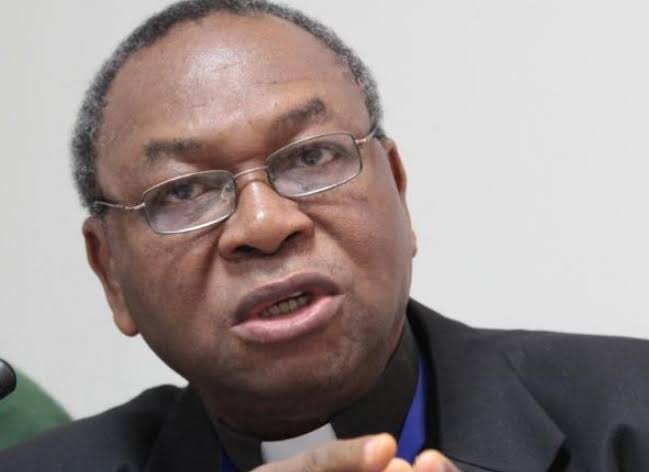
The Nigeria Deposit Insurance Corporation (NDIC) currently provides full insurance cover for 98.98 percent of Deposit Money Banks’ total deposits.
The Managing Director of the Corporation, Mr. Thompson Sunday, revealed this at the NDIC Special Day of the ongoing 20th Abuja International Trade Fair, with the theme, “Sustainability: Consumption, Incentives and Taxation”.
He restated NDIC’s commitment to ensuring financial sector stability, in collaboration with the Central Bank of Nigeria (CBN).
In a message read on his behalf by the Director of Performance Management, Mrs. Bimpe Akande, the MD said, “Currently, the NDIC insures depositors of Deposit Money Banks (DMBs), Mobile Money Operators and Non-Interest Banks, up to a coverage limit of five million naira. Depositors of Payment Service Banks (PSBs), Microfinance Banks (MFBs) and Primary Mortgage Banks (PMBs) are insured up to two million naira.
“This enhanced coverage ensures that approximately 98.98% of total depositors in Deposit Money Banks, 99.27% in Microfinance Banks, 99.34% in Primary Mortgage Banks, and 99.99% in Payment Service Banks are protected, reflecting NDIC’s unwavering commitment to fulfilling its mandate.”
Mr. Sunday added, “We are dedicated to protecting Nigerians’ bank. In collaboration with the Central Bank of Nigeria (CBN), we strive to maintain stability in the banking sector, enforce compliance with banking regulations, and exercise effective oversight over insured deposit-taking institutions.
“Our mission, embodied in the tagline ‘Protecting your bank deposits,’ is to promote financial inclusion and stability by reassuring Nigerians of the security of their savings.
“Significant progress has been made in protecting depositors’ funds, notably through the increase in the maximum deposit insurance coverage, which has broadened protection across various licensed banks.”
He added that the corporation had, over three decades, played a vital role in safeguarding depositors’ funds, particularly the most vulnerable, and fortifying the financial system.
The NDIC boss assured that banks’ depositors had no reason to worry about the safety of their funds, as all their claims in excess of the insured deposits.
He said, “In the event that a bank fails, depositors with account balances exceeding the insured coverage limit receive an initial payment up to the maximum insured amount.
“Their remaining balances are then paid through liquidation dividends. Liquidation dividends refer to payouts made to depositors and creditors from the proceeds generated from the sale of a failed bank’s assets and recovered debts during the liquidation process.
“These dividends are usually paid on a pro-rata basis, meaning depositors receive a proportionate share of the recovered funds relative to their outstanding balances beyond the insured limit.”
Ponzi schemes
Mr. Sunday warned members of the public against patronising Ponzi schemes and other fraudulent investment platforms.
His words, “I would like to emphasise the importance of Nigerians to remain vigilant against Ponzi schemes and other fraudulent investment platforms.
“Always ensure your funds are placed only in Central Bank of Nigeria licensed banks, all of which are covered by deposit insurance provided by the NDIC. This vigilance is crucial to protecting your hard-earned savings.”
Earlier, the President of the Abuja Chamber of Commerce and Industry (ACCI), Chief Emeka Obegolu (SAN) commended the corporation for providing comfort to Nigerian depositors.
He pledged the chamber’s collaboration with the NDIC with a view to providing public awareness on the safe deposit of savings in the country.
“We are pleased to note the alignment between this theme and the mandate of the NDIC, which provides a safety net for depositors, contributes to financial system stability, and supports confidence in our banking sector,” the president said.
Chief Obegolu, who was represented by the Director-General of the ACCI, Sir Agabaidu Jidani, said the NDIC was more than a regulator, describing it as “a strategic partner in advocacy and economic development.”
He added, “By working together, we can build stronger linkages between financial safety, enterprise growth, and national development.
“This synergy is vital in advancing Nigeria’s competitiveness, reducing business risks, and ensuring that our financial system supports innovation, job creation, and sustainable investment.”
He urged the public to engage with the corporation, learn more about the Deposit Insurance Scheme, and take full advantage of the protection and services it provides.

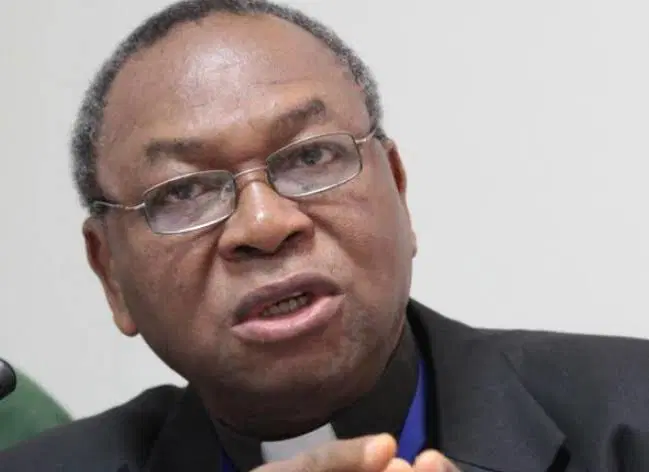
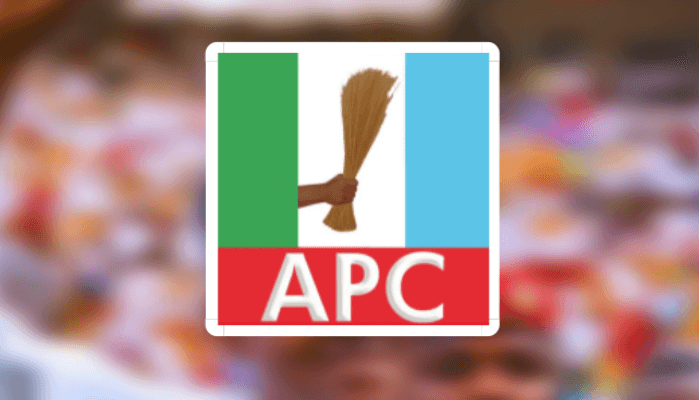
 Reinstated local government chairmen under the All Progressives Congress, APC, in Osun State have pledged to recall over 1,500 dismissed workers and clear outstanding salary arrears owed to traditional rulers, following the release of withheld federal allocations to councils.
Reinstated local government chairmen under the All Progressives Congress, APC, in Osun State have pledged to recall over 1,500 dismissed workers and clear outstanding salary arrears owed to traditional rulers, following the release of withheld federal allocations to councils.
 Secretary to the Government of the Federation, SGF, George Akume has blasted former Labour Party’s presidential candidate, Peter Obi.
Secretary to the Government of the Federation, SGF, George Akume has blasted former Labour Party’s presidential candidate, Peter Obi.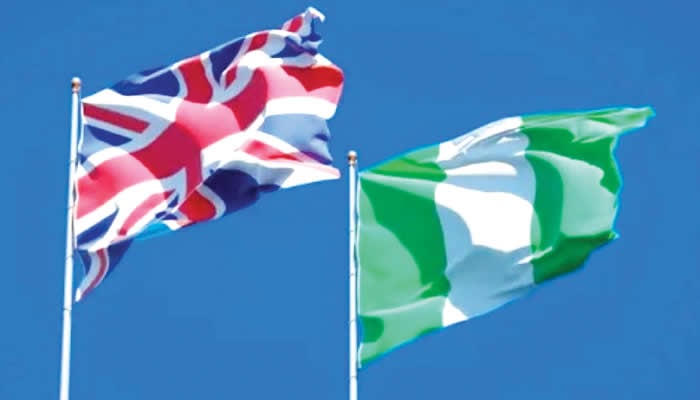
 Nigerians and other immigrants in the United Kingdom are increasingly living in fear as the country, once considered a haven of opportunity, faces a surge in racism and sweeping immigration crackdowns.
Nigerians and other immigrants in the United Kingdom are increasingly living in fear as the country, once considered a haven of opportunity, faces a surge in racism and sweeping immigration crackdowns.
 The Nigeria Police Force has impounded no fewer than 210 vehicles nationwide during the enforcement of the ban on unauthorised use of tinted glass, despite a Federal High Court order temporarily suspending the enforcement.
The Nigeria Police Force has impounded no fewer than 210 vehicles nationwide during the enforcement of the ban on unauthorised use of tinted glass, despite a Federal High Court order temporarily suspending the enforcement.


 There were sporadic gunshots at the gate of the Edo State command of the Nigerian Drug Law Enforcement Agency on Friday, as men of the service pursued the driver of an articulated truck who hit the vehicle of one of their colleagues.
There were sporadic gunshots at the gate of the Edo State command of the Nigerian Drug Law Enforcement Agency on Friday, as men of the service pursued the driver of an articulated truck who hit the vehicle of one of their colleagues.
 The Governor of the Central Bank of Nigeria, Olayemi Cardoso, has attributed the recent rise in Nigeria’s external reserves to the clearing of the foreign exchange backlog and sustained efforts to improve transparency in the FX market.
The Governor of the Central Bank of Nigeria, Olayemi Cardoso, has attributed the recent rise in Nigeria’s external reserves to the clearing of the foreign exchange backlog and sustained efforts to improve transparency in the FX market.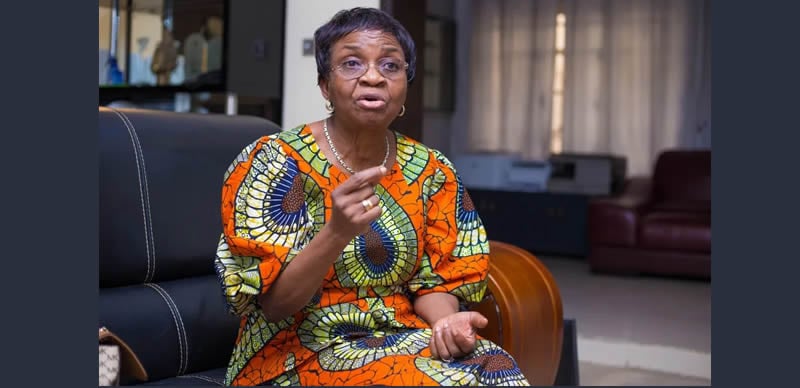
 Nigeria’s food companies have been given 18 months to eliminate industrially produced trans-fatty acids from their products.
Nigeria’s food companies have been given 18 months to eliminate industrially produced trans-fatty acids from their products.
